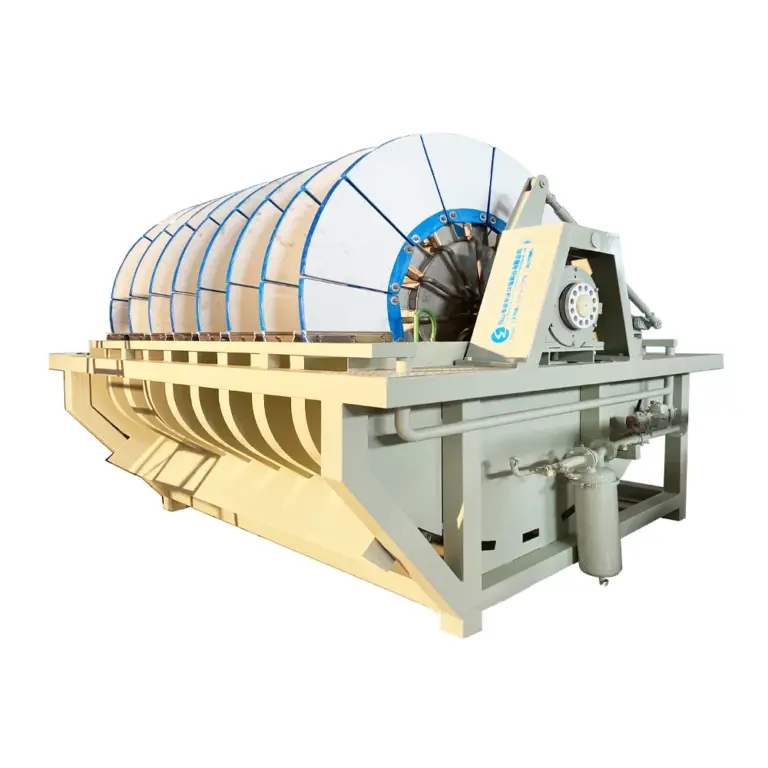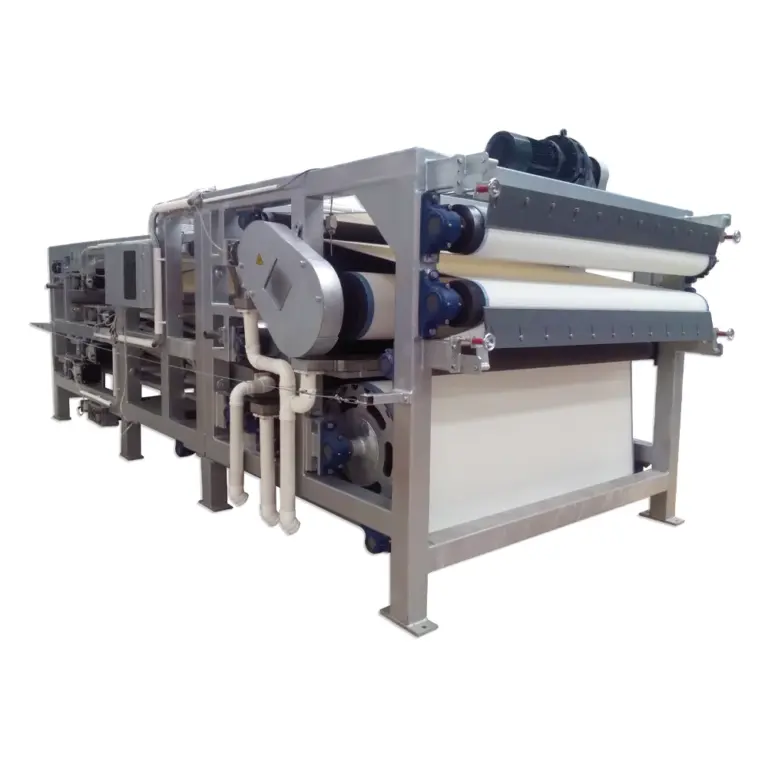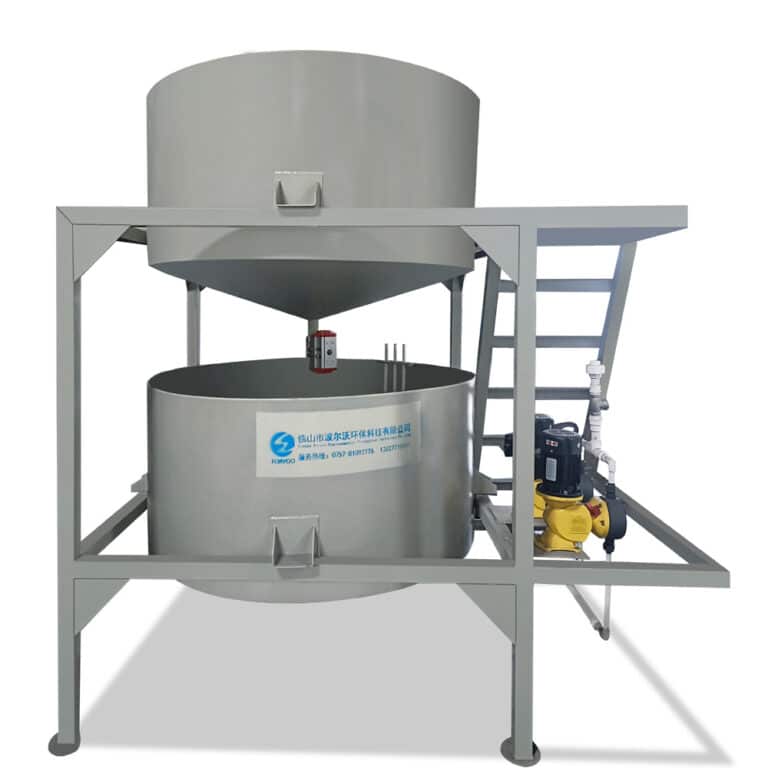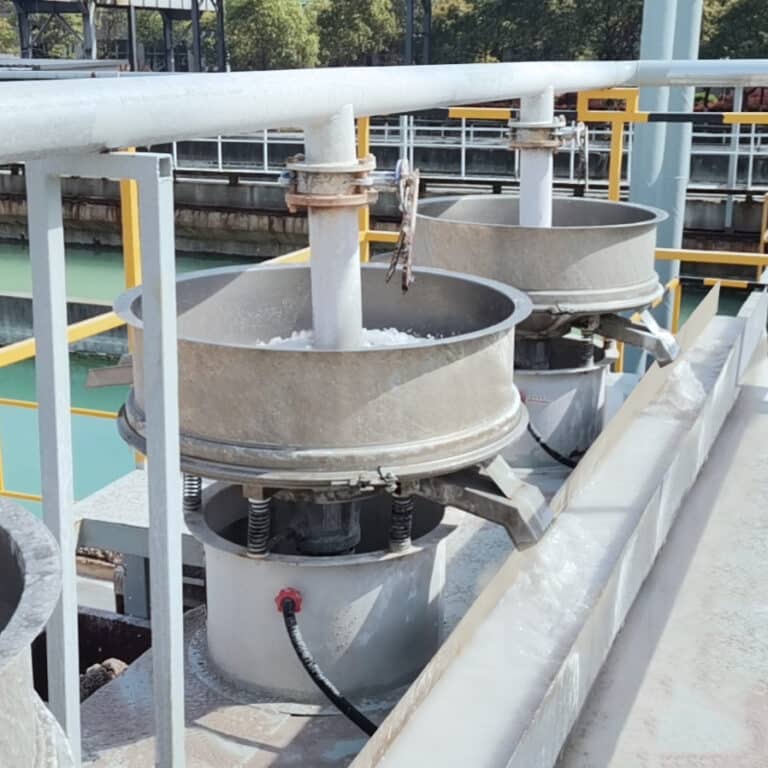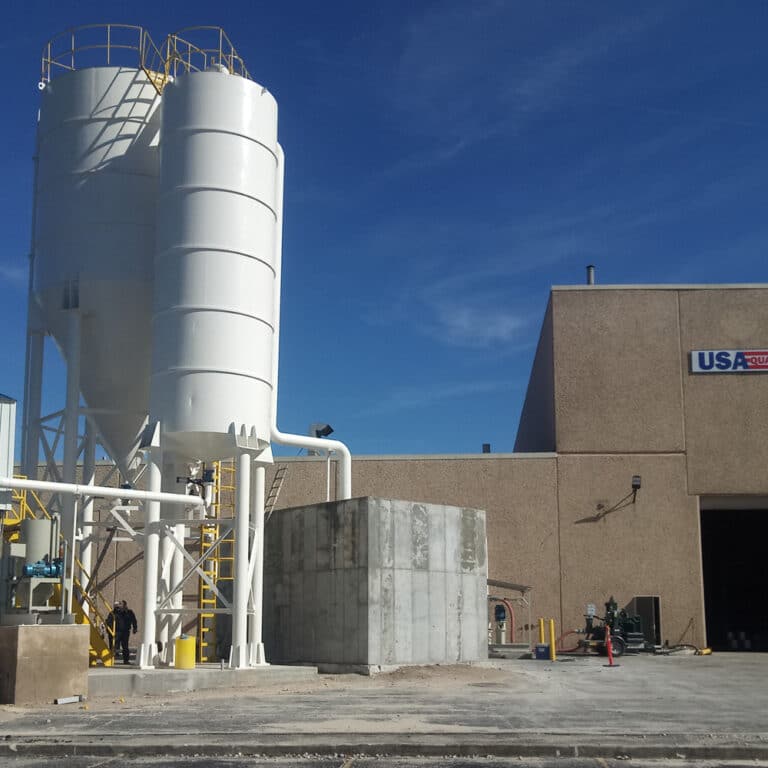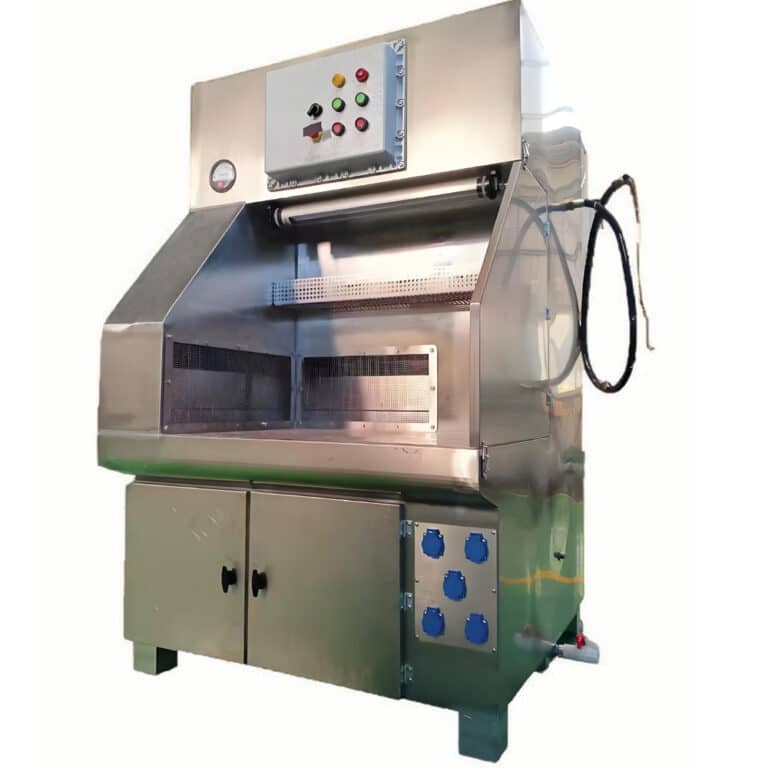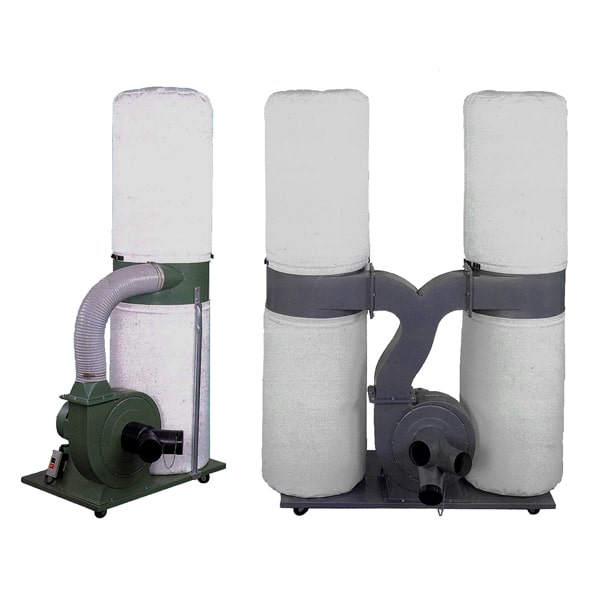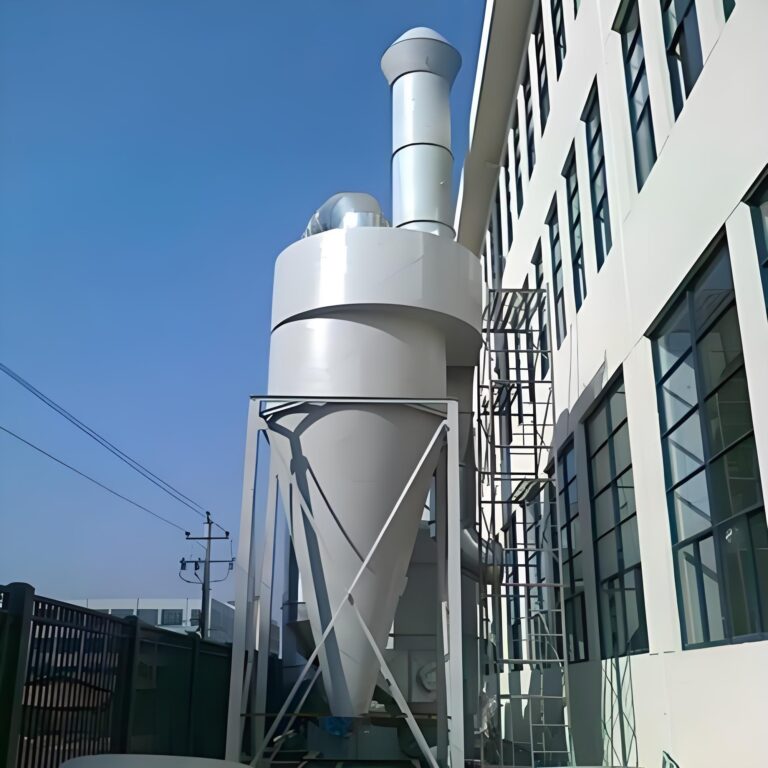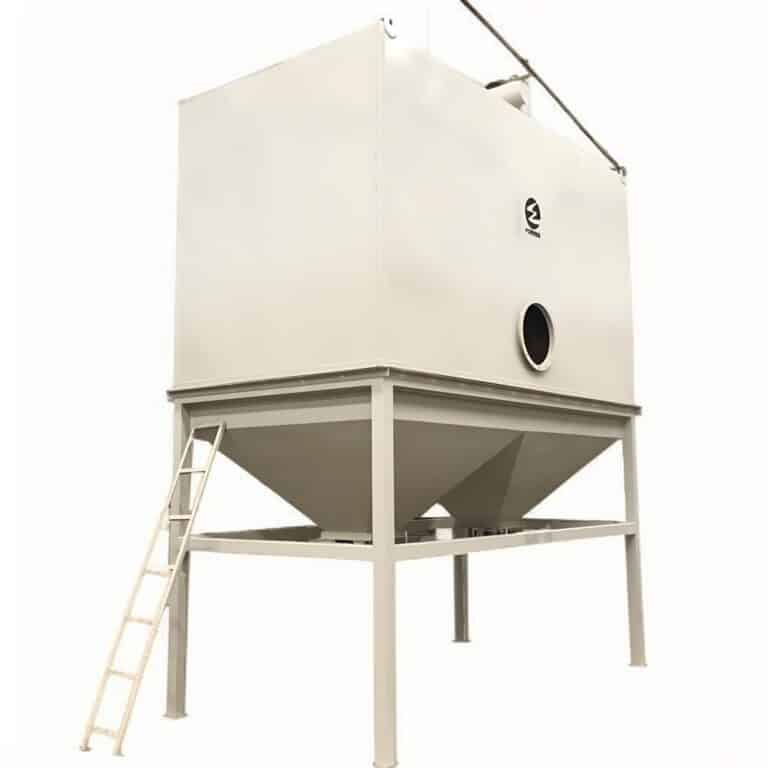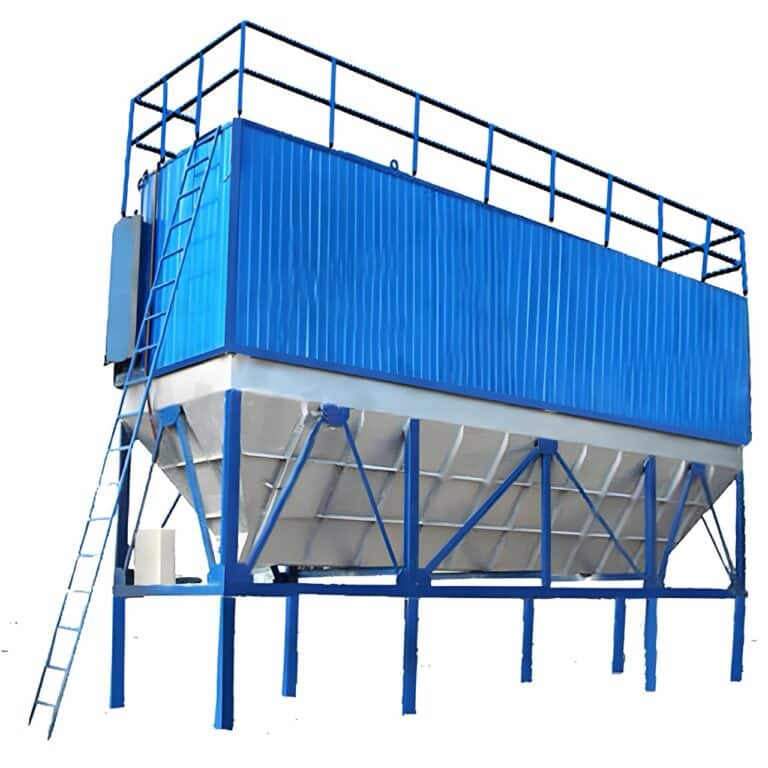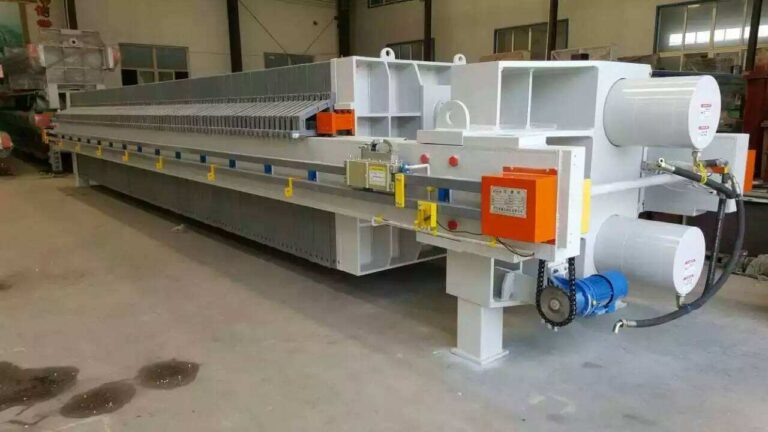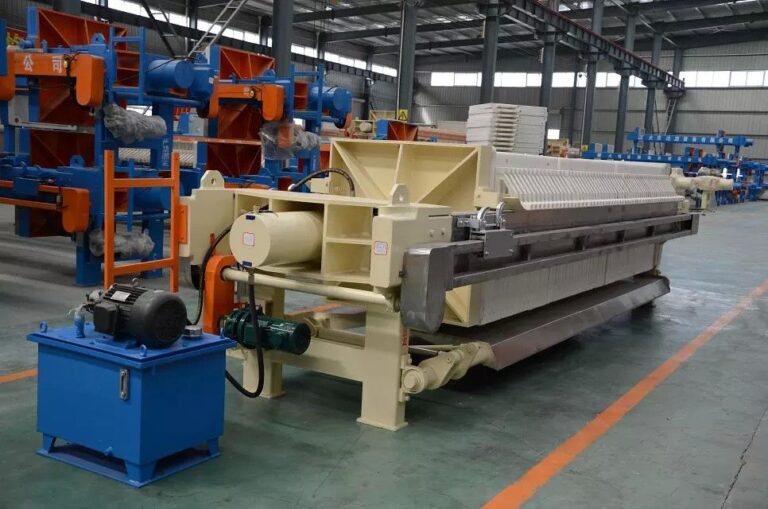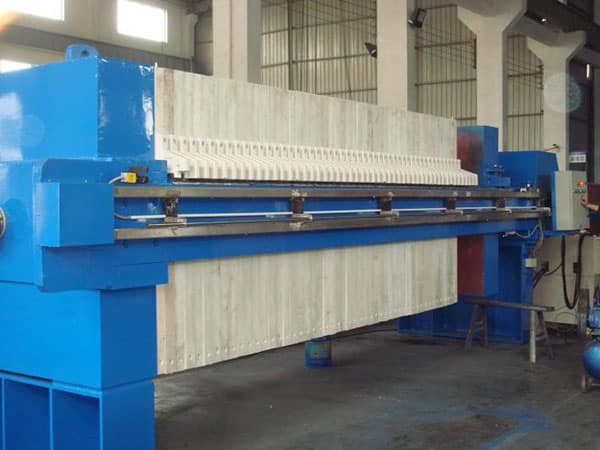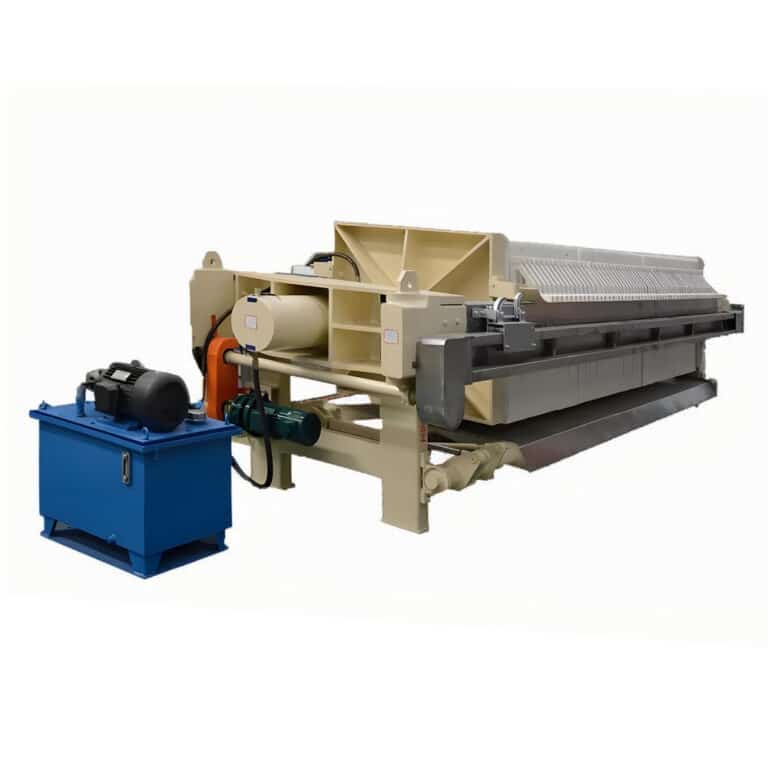Ceramic vacuum filters have revolutionized industrial filtration processes, offering a range of benefits that set them apart from traditional filtration methods. These innovative devices have gained significant traction across various industries due to their exceptional performance and cost-effective operation. As we delve into the world of ceramic vacuum filters, we'll explore the top five advantages that make them a game-changer in filtration technology.
From increased efficiency to reduced environmental impact, ceramic vacuum filters are transforming the way industries approach their filtration needs. These filters utilize advanced ceramic materials and cutting-edge design to deliver superior results in a wide range of applications. Whether you're in mining, chemical processing, or wastewater treatment, understanding the benefits of ceramic vacuum filters can help you optimize your operations and achieve better outcomes.
As we transition into the main content of this article, we'll examine each advantage in detail, providing you with a comprehensive understanding of why ceramic vacuum filters are becoming the go-to choice for many industries. We'll explore how these filters can improve your production processes, reduce costs, and contribute to more sustainable operations.
Ceramic vacuum filters offer unparalleled advantages in industrial filtration, combining high efficiency, durability, and cost-effectiveness to deliver superior performance across various applications.
What Makes Ceramic Vacuum Filters More Efficient Than Traditional Filters?
Ceramic vacuum filters have gained a reputation for their exceptional efficiency in industrial filtration processes. This efficiency stems from their unique design and the properties of the ceramic material used in their construction.
At the core of their efficiency is the ability to handle high throughput while maintaining excellent filtration quality. Ceramic vacuum filters can process large volumes of material quickly, making them ideal for industries that require continuous, high-capacity filtration.
The efficiency of ceramic vacuum filters is further enhanced by their ability to produce a drier filter cake compared to traditional filters. This is achieved through the microporous structure of the ceramic material, which allows for better liquid removal while retaining solid particles.
PORVOO ceramic vacuum filters can achieve up to 30% higher throughput compared to conventional filtration methods, significantly boosting production efficiency in various industrial applications.
To illustrate the efficiency gains, consider the following comparison:
| Filter Type | Throughput (tons/hour) | Filter Cake Moisture Content |
|---|---|---|
| Ceramic Vacuum | 100-150 | 8-12% |
| Traditional | 70-100 | 15-20% |
As we can see, ceramic vacuum filters not only process more material per hour but also produce a drier end product, which can lead to significant energy savings in downstream processes.
The efficiency of ceramic vacuum filters extends beyond just throughput and moisture content. These filters also require less maintenance and have longer operational lifespans, reducing downtime and increasing overall productivity. Their ability to handle fine particles and produce clear filtrate makes them versatile across various industries, from mining to food processing.
In conclusion, the superior efficiency of ceramic vacuum filters is a result of their innovative design, advanced materials, and ability to handle high-capacity filtration while producing superior results. This efficiency translates into tangible benefits for industries seeking to optimize their filtration processes and improve overall operational performance.
How Do Ceramic Vacuum Filters Contribute to Energy Savings?
One of the most significant advantages of ceramic vacuum filters is their contribution to energy savings in industrial processes. This energy efficiency is a crucial factor in their growing popularity across various sectors.
Ceramic vacuum filters achieve energy savings through several mechanisms. Firstly, their design allows for efficient liquid removal at lower vacuum pressures compared to traditional filters. This means less energy is required to operate the vacuum system, resulting in immediate energy savings.
Additionally, the ability of ceramic vacuum filters to produce drier filter cakes leads to substantial energy savings in subsequent processing steps. Drier material requires less energy for further drying or processing, creating a ripple effect of energy efficiency throughout the production line.
Ceramic vacuum filters can reduce energy consumption by up to 25% compared to conventional filtration systems, making them a key component in sustainable industrial practices.
To better understand the energy-saving potential, let's look at a comparative table:
| Filter Type | Energy Consumption (kWh/ton) | Annual Energy Cost ($) |
|---|---|---|
| Ceramic Vacuum | 2.5-3.5 | 25,000-35,000 |
| Traditional | 4-5 | 40,000-50,000 |
These figures demonstrate the significant energy and cost savings that can be achieved by implementing ceramic vacuum filters in industrial processes.
The energy efficiency of ceramic vacuum filters extends beyond direct operational costs. By reducing overall energy consumption, these filters also contribute to lowering a facility's carbon footprint, aligning with global efforts towards more sustainable industrial practices.
Moreover, the durability and long lifespan of ceramic filters mean fewer replacements are needed over time, further reducing the energy and resources required for manufacturing and transporting replacement parts.
In conclusion, ceramic vacuum filters offer substantial energy savings through their efficient design, lower operational requirements, and the production of drier filter cakes. These energy savings not only reduce operational costs but also contribute to more sustainable and environmentally friendly industrial processes, making them an attractive option for forward-thinking companies.
Why Are Ceramic Vacuum Filters Considered More Durable?
Durability is a key factor in the selection of industrial filtration equipment, and ceramic vacuum filters excel in this aspect. Their robust construction and innovative materials contribute to an extended operational lifespan, making them a reliable choice for demanding industrial environments.
The exceptional durability of ceramic vacuum filters stems from the inherent properties of the ceramic materials used in their construction. These materials are highly resistant to wear, corrosion, and chemical attack, allowing them to withstand harsh operating conditions that would quickly degrade traditional filter media.
Furthermore, the rigid structure of ceramic filters maintains its integrity even under high pressure and temperature variations, ensuring consistent performance over extended periods. This stability translates into fewer replacements and reduced maintenance requirements.
ceramic vacuum filter advantages include an operational lifespan that can exceed 10 years with proper maintenance, significantly outperforming traditional filter media that may require replacement every 1-2 years.
To illustrate the durability advantage, consider the following comparison:
| Filter Type | Average Lifespan | Replacement Frequency |
|---|---|---|
| Ceramic Vacuum | 10+ years | Every 5-10 years |
| Traditional | 2-3 years | Every 1-2 years |
The extended lifespan of ceramic vacuum filters not only reduces replacement costs but also minimizes production downtime associated with filter changes. This durability translates into improved operational efficiency and reduced total cost of ownership over the life of the equipment.
Additionally, the robust nature of ceramic filters allows for more aggressive cleaning methods, such as high-pressure backwashing or ultrasonic cleaning. These techniques can effectively remove stubborn cake buildup without damaging the filter media, maintaining high filtration efficiency throughout the filter's life.
The durability of ceramic vacuum filters also contributes to their sustainability profile. By lasting longer and requiring fewer replacements, these filters reduce waste and the environmental impact associated with manufacturing and disposing of filter media.
In conclusion, the superior durability of ceramic vacuum filters is a result of their advanced materials and robust design. This durability translates into longer operational lifespans, reduced maintenance requirements, and lower total cost of ownership. For industries seeking reliable, long-lasting filtration solutions, ceramic vacuum filters offer a compelling advantage in terms of durability and performance longevity.
How Do Ceramic Vacuum Filters Improve Product Quality?
Ceramic vacuum filters play a crucial role in enhancing product quality across various industries. Their unique design and operational characteristics contribute to superior filtration results, leading to higher-quality end products.
One of the primary ways ceramic vacuum filters improve product quality is through their ability to achieve exceptionally clear filtrate. The microporous structure of the ceramic material allows for the efficient removal of fine particles, resulting in a cleaner liquid phase. This is particularly beneficial in industries where the purity of the filtered liquid is critical, such as in food and beverage processing or pharmaceutical manufacturing.
Additionally, the consistent performance of ceramic vacuum filters ensures uniformity in the filtration process, which is essential for maintaining product quality standards. Unlike some traditional filters that may degrade over time, ceramic filters maintain their filtration efficiency throughout their operational life, providing reliable and consistent results.
Ceramic vacuum filters can achieve filtration efficiencies of up to 99.9% for particles as small as 0.1 microns, significantly enhancing product purity and quality in various industrial applications.
To better understand the impact on product quality, let's examine a comparative table:
| Filter Type | Filtrate Clarity (NTU) | Particle Retention (microns) |
|---|---|---|
| Ceramic Vacuum | 0.5-1.0 | Down to 0.1 |
| Traditional | 2.0-5.0 | Down to 1.0 |
These figures demonstrate the superior filtration capabilities of ceramic vacuum filters, which directly translate to improved product quality.
The ability of ceramic vacuum filters to produce drier filter cakes also contributes to product quality improvement. In many industries, the moisture content of the filtered solids is a critical quality parameter. The efficient liquid removal achieved by ceramic filters results in more consistent and desirable moisture levels in the final product.
Furthermore, the non-reactive nature of ceramic materials prevents contamination of the filtered product, which is especially important in sensitive applications such as food processing or pharmaceutical production. This ensures that the filtration process itself does not introduce any unwanted substances into the final product.
In conclusion, ceramic vacuum filters significantly enhance product quality through their ability to produce clearer filtrate, achieve consistent filtration performance, and maintain product purity. These advantages make ceramic vacuum filters an excellent choice for industries where product quality is paramount, providing a competitive edge in terms of final product characteristics and consistency.
What Environmental Benefits Do Ceramic Vacuum Filters Offer?
In an era where environmental considerations are increasingly important, ceramic vacuum filters stand out for their eco-friendly attributes. These filters offer several environmental benefits that make them an attractive option for industries looking to reduce their ecological footprint.
One of the primary environmental advantages of ceramic vacuum filters is their energy efficiency, as discussed earlier. By consuming less energy than traditional filtration methods, these filters contribute to reduced greenhouse gas emissions and overall energy demand. This aligns with global efforts to combat climate change and promote sustainable industrial practices.
Additionally, the durability and long lifespan of ceramic vacuum filters result in less frequent replacements, which in turn reduces waste generation. Fewer filter replacements mean less material ends up in landfills, contributing to waste reduction efforts.
By implementing ceramic vacuum filters, industries can reduce their filtration-related waste by up to 80% over a decade, significantly decreasing their environmental impact and supporting circular economy principles.
To illustrate the environmental impact, consider the following comparison:
| Filter Type | Waste Generated (kg/year) | CO2 Emissions (tons/year) |
|---|---|---|
| Ceramic Vacuum | 50-100 | 10-15 |
| Traditional | 250-500 | 20-30 |
These figures highlight the substantial environmental benefits that can be achieved by adopting ceramic vacuum filters in industrial processes.
Another environmental advantage of ceramic vacuum filters is their ability to produce clearer filtrate, which often allows for water reuse in industrial processes. This water recycling capability can significantly reduce freshwater consumption, an increasingly critical consideration in water-stressed regions.
The production of drier filter cakes also contributes to environmental benefits. Drier cakes require less energy for further processing or disposal, reducing the overall energy footprint of the entire production process. In some cases, the drier material may also be more suitable for recycling or repurposing, further supporting circular economy principles.
Moreover, the non-reactive nature of ceramic materials means that these filters don't leach harmful substances into the environment during operation or disposal, unlike some traditional filter media that may contain synthetic materials or chemicals.
In conclusion, ceramic vacuum filters offer significant environmental benefits through reduced energy consumption, decreased waste generation, improved water recycling potential, and overall support for sustainable industrial practices. These environmental advantages make ceramic vacuum filters an excellent choice for companies looking to improve their sustainability profile while maintaining high operational efficiency.
Conclusion
As we've explored throughout this article, ceramic vacuum filters offer a multitude of advantages that make them a superior choice for industrial filtration processes. From their exceptional efficiency and energy-saving capabilities to their durability, product quality enhancement, and environmental benefits, these filters are transforming the way industries approach their filtration needs.
The increased efficiency of ceramic vacuum filters translates into higher throughput and drier filter cakes, leading to improved productivity and reduced downstream processing costs. Their energy-saving properties not only cut operational expenses but also contribute to a reduced carbon footprint, aligning with global sustainability goals.
The remarkable durability of ceramic vacuum filters ensures long-term reliability and reduced maintenance requirements, resulting in lower total cost of ownership and minimized production downtime. This longevity also supports environmental sustainability by reducing waste generation and resource consumption associated with frequent filter replacements.
Product quality improvements achieved through ceramic vacuum filtration provide industries with a competitive edge, ensuring clearer filtrate, more consistent results, and enhanced product purity. These quality benefits are particularly crucial in industries where product specifications are stringent and consistency is paramount.
Finally, the environmental advantages of ceramic vacuum filters, including reduced energy consumption, decreased waste generation, and improved water recycling potential, make them an excellent choice for companies looking to enhance their sustainability profile while maintaining operational excellence.
In conclusion, ceramic vacuum filters represent a significant advancement in filtration technology, offering a comprehensive solution that addresses efficiency, cost-effectiveness, product quality, and environmental concerns. As industries continue to seek innovative ways to optimize their processes and reduce their environmental impact, ceramic vacuum filters stand out as a technology that delivers on multiple fronts, paving the way for more sustainable and efficient industrial practices.
External Resources
Vacuum ceramic filter – Wikipedia – This article details the advantages of vacuum ceramic filters, including high output capacity, low water content in the filter cake, reduced energy consumption, and the ability to withstand regeneration. It also discusses applications and limitations.
Metso Outotec CC filters – This brochure highlights the advantages of Metso Outotec's ceramic vacuum filters, such as low energy consumption, high durability, and effective cleaning methods that ensure consistent performance.
Application of ceramic vacuum filter – ENRICH – This article discusses the high-efficiency and energy-saving features of ceramic vacuum filters, their wide applications in various industries, and the integration of electromechanical, microporous ceramics, and ultrasonic technology.
Ceramic Vacuum Filter Manufacturer – Wokinget – This page outlines the features and advantages of ceramic vacuum filters, including large processing capacity, energy-saving effects, automatic control systems, and low moisture content in the filtered material.
Ceramic Vacuum Filters – Filtration Experts – Although not directly listed, this site typically provides detailed information on the advantages of ceramic vacuum filters, such as their high efficiency, low maintenance, and suitability for various industrial applications.
Ceramic Disc Filters – 911 Metallurgist – This resource explains the operational principles and advantages of ceramic disc filters, including their ability to handle fine particles and produce a drier filter cake.
Advantages of Ceramic Vacuum Filters – Mining Technology – This article would typically discuss the specific advantages of ceramic vacuum filters in mining applications, such as improved dewatering efficiency and reduced energy costs.
Ceramic Vacuum Filter Benefits – Industrial Filtration – This site likely provides an overview of the benefits of using ceramic vacuum filters, including their durability, low maintenance requirements, and environmental benefits due to clear filtrate reuse.
